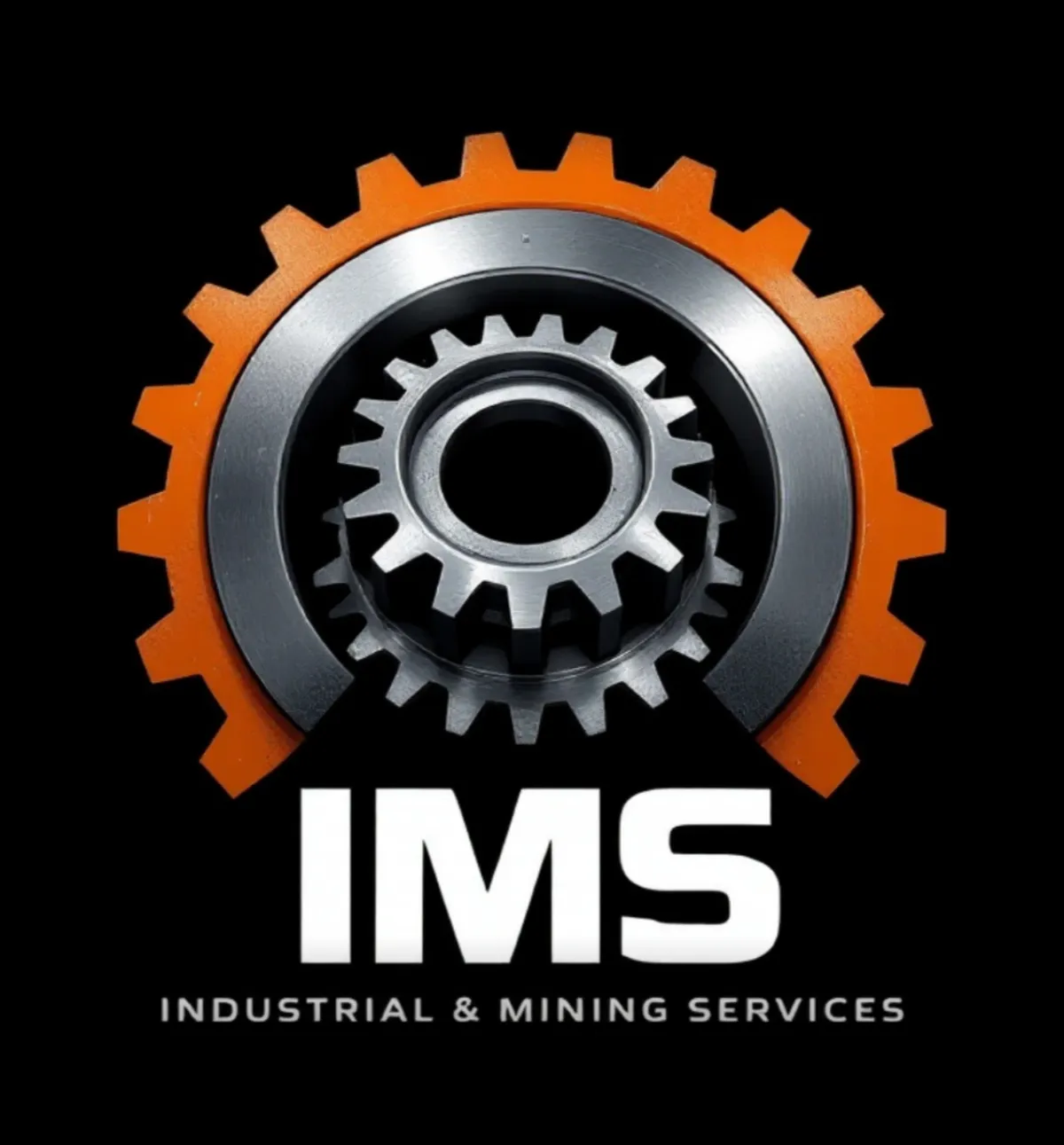
Mining in Georgia: Most Common Equipment Breakdowns
Mining in Georgia: Most Common Equipment Breakdowns
Georgia has a long-standing history of mining that ranges from kaolin and granite to crushed stone, sand, and gravel. With both surface and underground operations active across the state, mining continues to be a major contributor to local industry and infrastructure development. However, like in any high-demand, rugged work environment, mining operations in Georgia frequently face one consistent challenge: equipment breakdowns.
When machinery fails, it doesn’t just bring production to a halt — it often causes ripple effects that cost thousands in lost productivity, emergency repairs, and safety risks. In this article, we’ll examine the most common equipment breakdowns in Georgia’s mining operations, what causes them, and how to prevent them to ensure minimal downtime and maximum profitability.
Why Equipment Failure Matters in Georgia Mining
Mining equipment operates under extreme conditions — abrasive materials, constant vibration, heavy loads, dust, and mud. Georgia’s hot summers and humid climate only add to the stress on components. When breakdowns occur, they don’t just delay operations; they can compromise safety, trigger environmental concerns, and increase repair costs significantly.
Avoiding breakdowns isn’t just about fixing things when they fail — it’s about proactive maintenance, understanding failure points, and having reliable equipment repair partners in Georgia who can respond fast.
1. Hydraulic System Failures
Hydraulic systems power a wide range of mining equipment, including excavators, wheel loaders, rock crushers, and haul trucks. In Georgia's granite quarries and kaolin mines, hydraulic leaks and pressure losses are among the most common sources of equipment failure.
Common Causes:
Worn-out hoses or seals
Contaminated hydraulic fluid
Improper system pressure
Corroded cylinder components due to humidity
Symptoms:
Loss of lifting power
Fluid puddles beneath equipment
Erratic movement or slow response
Overheating of hydraulic components
Prevention Tip:
Schedule regular fluid checks and invest in condition-based monitoring to identify leaks early. Learn more about preventing hydraulic issues in mining operations.
2. Undercarriage Wear and Tear
Bulldozers, track loaders, and excavators used in surface mining throughout Georgia often experience undercarriage degradation due to rough terrain, heavy material movement, and abrasive soils.
Common Issues:
Worn sprockets and track links
Loose bolts and track tension loss
Damaged rollers and idlers
Cracked or bent shoes
Why It Happens in Georgia:
Muddy conditions combined with granite or clay-heavy soil create a grinding effect that accelerates wear.
Prevention Tip:
Use OEM parts and inspect undercarriages daily. Adjust track tension regularly to prevent uneven wear.
3. Electrical System Malfunctions
With modern mining equipment heavily dependent on electronic systems, electrical breakdowns are becoming more frequent, particularly in Georgia’s moisture-prone environments.
Typical Failures:
Corroded connectors and terminals
Faulty sensors and ECU problems
Battery drainage
Starter motor and alternator issues
Symptoms:
No start conditions
Error codes or dashboard warnings
Faulty lighting or control panel glitches
Prevention Tip:
Seal electrical systems properly and keep them clean. Use water-resistant connectors and monitor machines with onboard diagnostic systems like Komatsu KOMTRAX or Caterpillar Product Link.
4. Engine Overheating and Fuel System Issues
Georgia’s summer heat contributes to a spike in engine-related failures, especially among diesel-powered equipment operating in long shifts.
Common Problems:
Overheating from clogged radiators or low coolant
Fuel injector blockages
Turbocharger failure
Contaminated diesel due to condensation
Prevention Tip:
Inspect cooling systems frequently and maintain fuel quality. Use water-separating fuel filters to combat condensation in tanks.
5. Conveyor Belt Failures
In Georgia’s surface mining and aggregate processing facilities, conveyor belts are essential. Unfortunately, they’re also among the most failure-prone systems.
Breakdown Types:
Belt tears and misalignment
Roller bearing failures
Motor or gearbox issues
Material spillage causing jamming
Why It Happens in Georgia:
The constant movement of wet or fine materials like kaolin or crushed stone causes build-up and stress on drive components.
Prevention Tip:
Ensure belts are aligned and tensioned correctly. Clean around rollers and replace bearings at signs of wear.
6. Bucket and Attachment Failures
Excavators and loaders working in Georgia’s granite or clay pits frequently experience bucket wear, cracks, and failures of quick-couplers or linkages.
Issues Include:
Worn bucket teeth or cutting edges
Cracked welds from stress
Loose or failing hydraulic couplers
Bushing and pin degradation
Prevention Tip:
Use high-wear-resistant steel, inspect welds, and grease bushings on a consistent basis. Keep spare parts and welders on standby in high-demand sites.
7. Transmission and Drivetrain Breakdowns
Mining trucks and loaders in Georgia’s hilly terrain often face drivetrain stress, especially when overloaded or poorly maintained.
Typical Failures:
Slipping transmissions
Broken drive shafts
Gear damage in differentials
Overheated transmission fluids
Prevention Tip:
Monitor drivetrain temperatures, check fluid levels regularly, and reduce haul loads during extreme heat conditions.
Fast, Local Repairs Are Key to Reducing Downtime
Whether you’re operating out of Augusta, Macon, or the Appalachian foothills, access to fast mining equipment repairs in Georgia can make or break your timeline. Unplanned downtime due to any of the issues above can cost thousands per hour, especially in aggregate or kaolin production.
Working with a local repair service that understands Georgia’s mining climate — and offers emergency field service, hydraulic rebuilds, undercarriage overhauls, and diagnostic scanning — can be the best investment for long-term success.
Final Thoughts: Prepare for the Inevitable
Breakdowns in mining are unavoidable — but many are preventable. By understanding the most common failure pointsin Georgia-based operations, you can build smarter maintenance schedules, stock the right parts, and reduce the risk of production interruptions.
If you're searching for a reliable partner to support your mining operation in Georgia, we specialize in equipment diagnostics, repairs, and preventive maintenance tailored to the local climate and material types.
Need a same-day inspection or field service repair?
